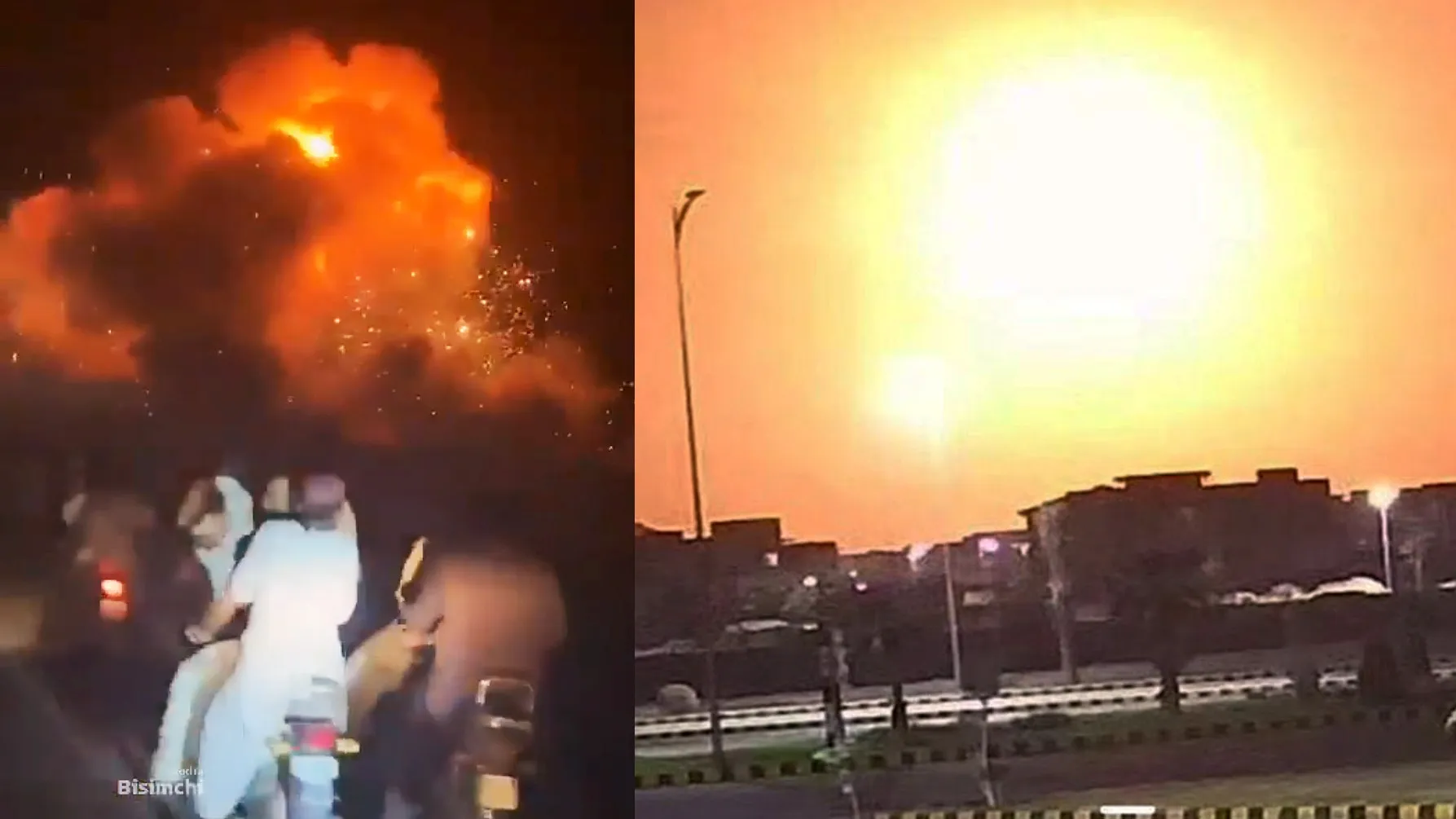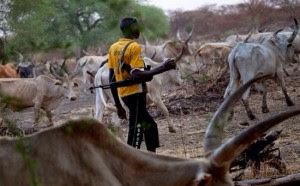India announced early Wednesday that it had launched military strikes inside Pakistan, just two weeks after a terrorist attack killed more than 25 civilians in Indian-administered Kashmir.

According to Indian officials, nine locations were targeted across Pakistan and areas under its control in the disputed Kashmir region.
Meanwhile, Pakistan’s military said the strikes hit six places in Punjab Province and Pakistani-controlled Kashmir, resulting in at least eight deaths and 35 injuries.
This latest action marks a serious escalation. While India has hit targets in Pakistan-administered Kashmir before, this time it struck deeper into Pakistan’s Punjab region—outside the usual conflict zone—raising tensions between the two nuclear-armed rivals.
India justified the operation by claiming it had solid proof that terrorists based in Pakistan were behind last month’s deadly assault in Kashmir.
The Indian government described the strikes as “measured” and focused on known terrorist camps, saying they were not intended to spark a larger conflict.
In its statement on Wednesday, Pakistan strongly disagreed, calling the strikes “a blatant act of war” and a violation of its sovereignty.
Pakistan officials warned they would retaliate “at a time and place of their choosing” and confirmed they had already launched a “measured but forceful” response.
Reports from the Indian side of Kashmir said one fighter jet crashed, though it wasn’t clear whose aircraft it was or what caused it to go down.
Shelling from the Pakistani side reportedly killed three people, injured at least 10 more, and damaged homes in the towns of Uri and Poonch.
United States President Trump referred to the situation as “a shame” and expressed hope that the conflict wouldn’t drag on.
“We just heard about it,” he said of the Indian strikes. “They’ve been fighting for a long time. I just hope it ends very quickly.”
Indian National Security Adviser Ajit Doval also updated U.S. Secretary of State Marco Rubio, who later said on social media that he hoped for a peaceful solution and was monitoring the situation closely.
“I am monitoring the situation between India and Pakistan closely,” Mr. Rubio wrote on X. He said that he hoped the conflict would end quickly and that he would “continue to engage both Indian and Pakistani leadership towards a peaceful resolution.”
The United Nations urged both sides to show restraint, warning that the world cannot afford a military clash between India and Pakistan.
Experts said the scale of the Indian strikes could trigger a significant response. Compared to past incidents in 2016 and 2019, which involved more limited operations, this time India hit more targets and went deeper into Pakistan’s territory. Analyst Asfandyar Mir noted that India had crossed two important thresholds with this latest move.
Following the strikes, India put its air defense units on high alert and shut down several airports, including Srinagar’s, as a precaution.
It’s still unclear whether India used missiles or aircraft in the attacks. Pakistani officials said Indian planes didn’t actually cross into their airspace.
But people in Muzaffarabad, the capital of Pakistan-controlled Kashmir, reported hearing jets overhead. One target appeared to be a rural site once used by Lashkar-e-Taiba, a militant group based in Pakistan.
Other places hit included religious sites and towns linked to militant groups like Jaish-e-Mohammad, according to Pakistan’s military.
India has named the operation “Sindoor,” a reference to the red powder worn by Hindu married women, symbolizing the pain of the widows who lost their husbands in the recent Kashmir massacre. The April 22 attack, in which gunmen opened fire on tourists, was one of the deadliest in years.
India quickly blamed Pakistan for the attack, although it hasn’t released much public evidence. Pakistan denied involvement. Still, India responded with threats, including possibly cutting off a key water supply to Pakistan, and launched a crackdown in Kashmir, arresting hundreds of people.
The Kashmir region has long been a flashpoint. Since the British split the subcontinent into India and Pakistan in 1947, both countries have claimed Kashmir in full but control only parts of it.
The area remains heavily militarized and has seen frequent clashes, most notably in 1999 and again in 2019, when India bombed a suspected militant camp after a suicide attack killed 40 Indian troops.
Tensions remain dangerously high, with both sides on alert and the risk of further violence looming.
KanyiDaily recalls that in 2022, India revealed that it accidentally fired a missile into Pakistan because of a “technical malfunction” during routine maintenance.




![Carter Efe Celebrates As Davido Fulfills Promise Of Gifting Him N20 Million [Video] 5 Carter Efe Celebrates As Davido Fulfills Promise Of Gifting Him N20 Million [Video]](https://media.kanyidaily.com/2025/12/24171554/GridArt_20251224_160620721-150x150.jpg)






![Lady Clashes With Airport Staff Who Claims She Isn't A Nigerian At Warri Airport [Video] 19 Lady Clashes With Airport Staff Who Claims She Isn't A Nigerian At Warri Airport [Video]](https://media.kanyidaily.com/2025/12/23164203/Screenshot_23-12-2025_164127_www.lindaikejisblog.com_-150x150.jpeg)
![Airport Officer Assaults Young Man For Posing Beside Helicopter That Flew Asake [Video] 21 Airport Officer Assaults Young Man For Posing Beside Helicopter That Flew Asake [Video] 2](https://media.kanyidaily.com/2025/12/23162134/Asake-150x150.jpeg)



![#EndSARS Protest In Alausa Secretariat Disrupted By Weapon Wielding Hoodlums [Video] 27 #EndSARS Protest In Alausa Secretariat Disrupted By Weapon Wielding Hoodlums [Video] 6](https://media.kanyidaily.com/2020/10/15125438/Thugs.jpg)









![Oshiomhole Disgraced, Asked To Get Out Of Line At Buhari's Inauguration [Video] 47 Oshiomhole Disgraced, Asked To Get Out Of Line At Buhari's Inauguration [Video] 18](https://media.kanyidaily.com/2019/05/29155437/screenshot-twitter.com-2019.05.29-15-33-07.png)
